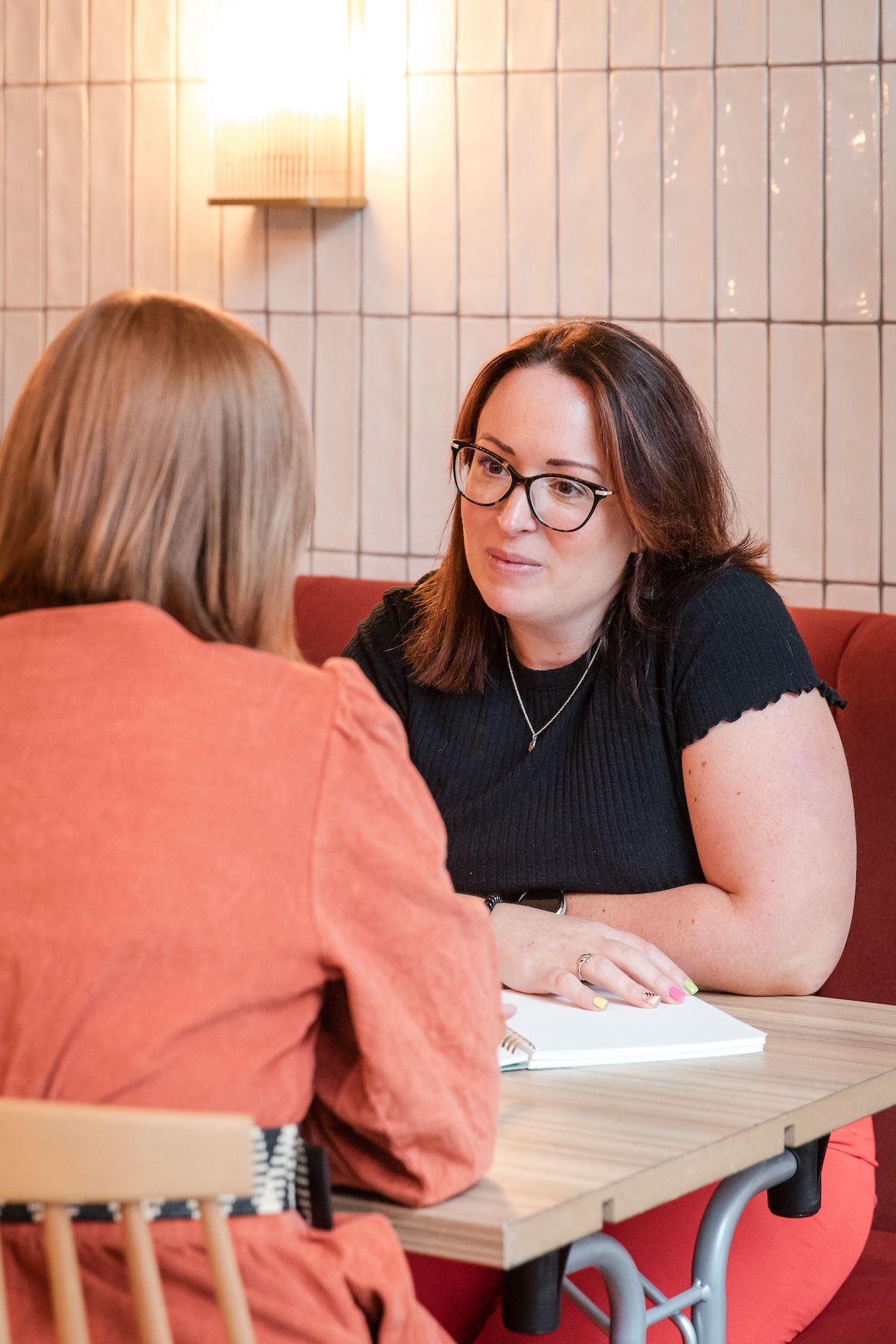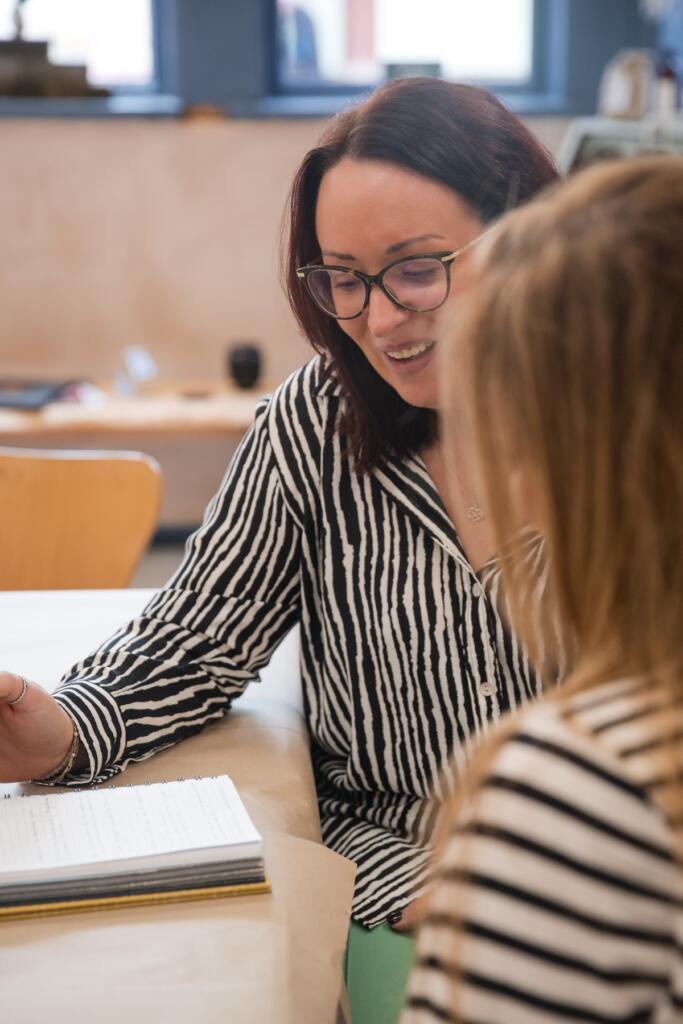EMDR Therapy
Welcome to My EMDR Therapy Journey
I have recently qualified as an Eye Movement Desensitising Reprocessing (EMDR) therapist and am excited to share this amazing approach with my clients.
Whilst EMDR is designed to help individuals process traumatic experiences (and is one of only 2 kinds of therapy recommended for PTSD), the applications for EMDR are much wider. There is often an assumption that overcoming serious emotional pain can take years or even never happen; EMDR has shown that psychological trauma can be recovered from in a similar way to how the body heals from physical injuries.

What is EMDR?
HOW CAN IT HELP YOU?EMDR is a specialist, structured model of therapy that supports clients to connect distressing or traumatic memories to adaptive information. It creates an environment where the brain’s natural healing processes and processing of information can take place.
Put very simply, our brain stores distressing memories differently and without a sense of time. This means that we can be ‘triggered’ by something in the here-and-now which takes us back to feeling overwhelmed, powerless or out of control. These memories aren’t connected to the information within our brain that says ‘it’s over’ or ‘you’re safe now’. That’s where EMDR comes in. By taking you through the phases of the protocol, I can support you to connect these different parts together, as well as develop a place of safety and peace for you to utilise between sessions.
EMDR has three primary aims:
- Processing past experiences that are impacting you in the here-and-now;
- Looking at your current triggers and challenges;
- Supporting you to prepare for future situations by developing coping strategies.

What Does an EMDR Session Look Like?
The initial stage of EMDR is information gathering. This may feel much more structured and specific than my usual assessment, as it’s focussed on targeting specific incidents and understanding your history in detail. Once I have a full understanding of your history and the challenges you’re facing, we can they move into the later stages of the protocol.
Before starting the processing phase, we will develop some tools together for you to feel calm and safe during and between sessions. Setting up these tools also gives you an experience of the bilateral stimulation so you know what to expect when we move into later stages. Bilateral stimulation can take the form of specific eye movements, hand taps or sounds to engage the brain’s processing systems.
Once we move into the processing phase, I would ask you to focus on a particular memory alongside a form of bilateral stimulation. We would then work through controlled stages, which move towards you feeling less distress, and being able to replace negative self-beliefs with more positive ones. Typically, processing is over a number of sessions.
Many clients find EMDR to be a gentle yet effective way to tackle deep-seated issues.
The process can lead to:
- Increased emotional regulation
- Enhanced self-awareness
- A greater sense of peace and resolution from difficult events
Want to know more?
You may want to check out these videos from reputable EMDR organisations:
A warning: There’s a lot of misinformation out there about EMDR. If you’d like to learn more, please don’t hesitate to ask—I’m happy to recommend reliable resources and answer any questions you might have.

Contact
If you’re curious about how EMDR can support your personal journey, I’d love to discuss it further so we can explore whether this approach feels right for you.
If you’re an existing client and interested in learning more about EMDR or scheduling a session, please don’t hesitate to reach out.
I am offering EMDR both online and in-person at my therapy room in Saddleworth. I do not currently have any in-person availability for my London practice; however, I continue to offer virtual sessions.
Please note: I will not return a phone call to therapy/coaching clients without prior arrangement by text/email, as I do not wish to risk your privacy or personal safety if it is not a suitable time.
